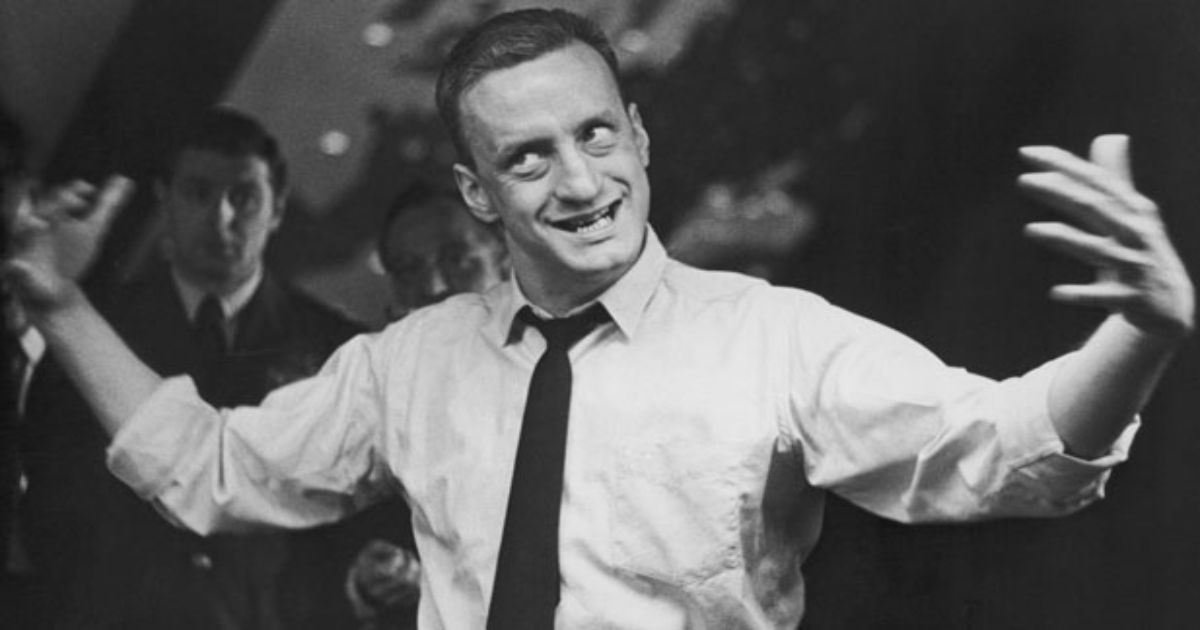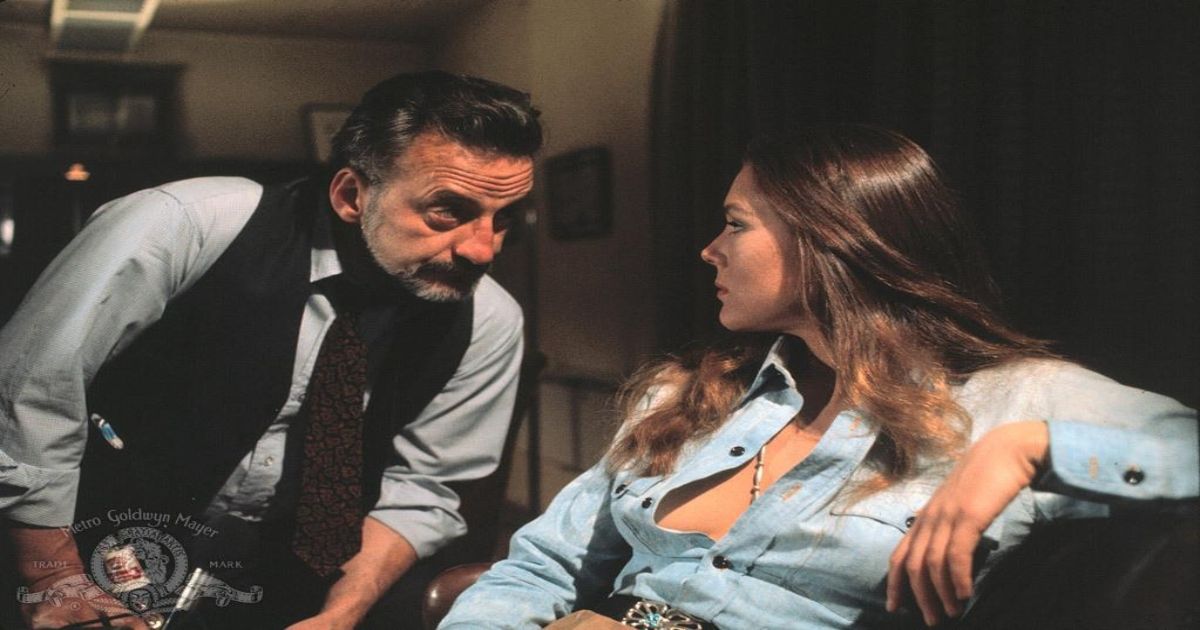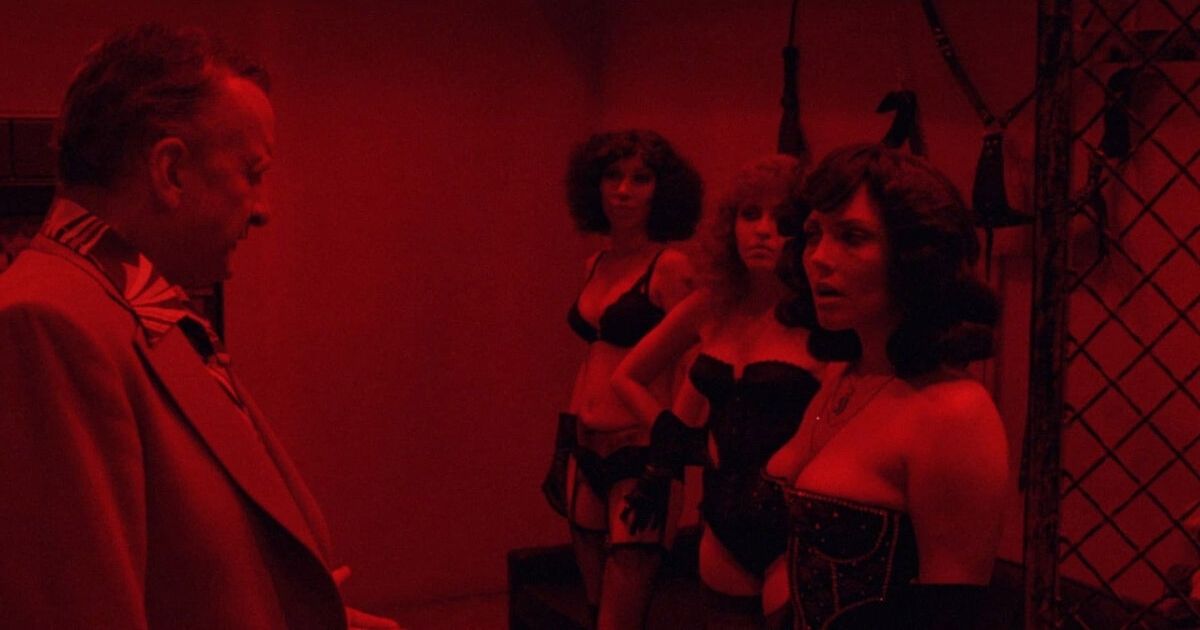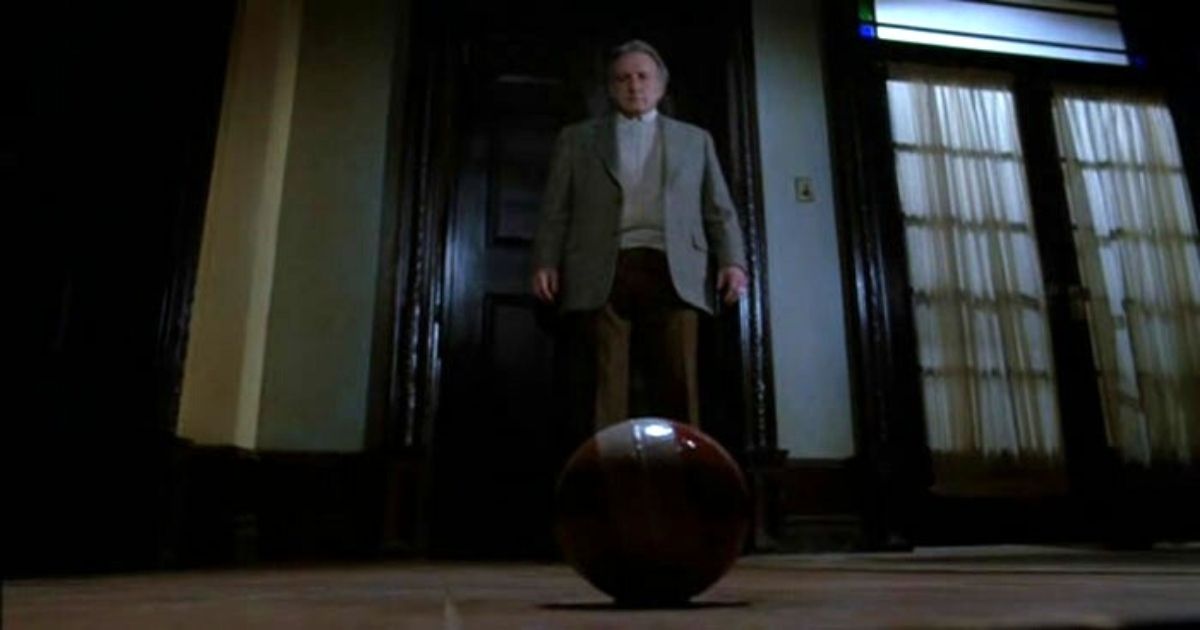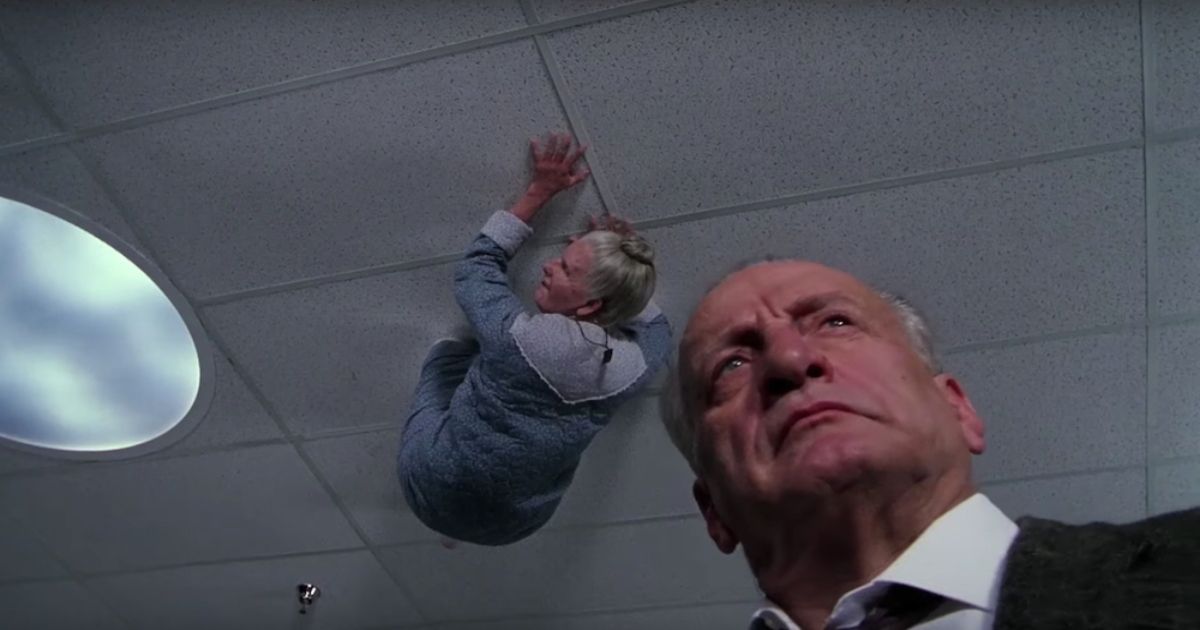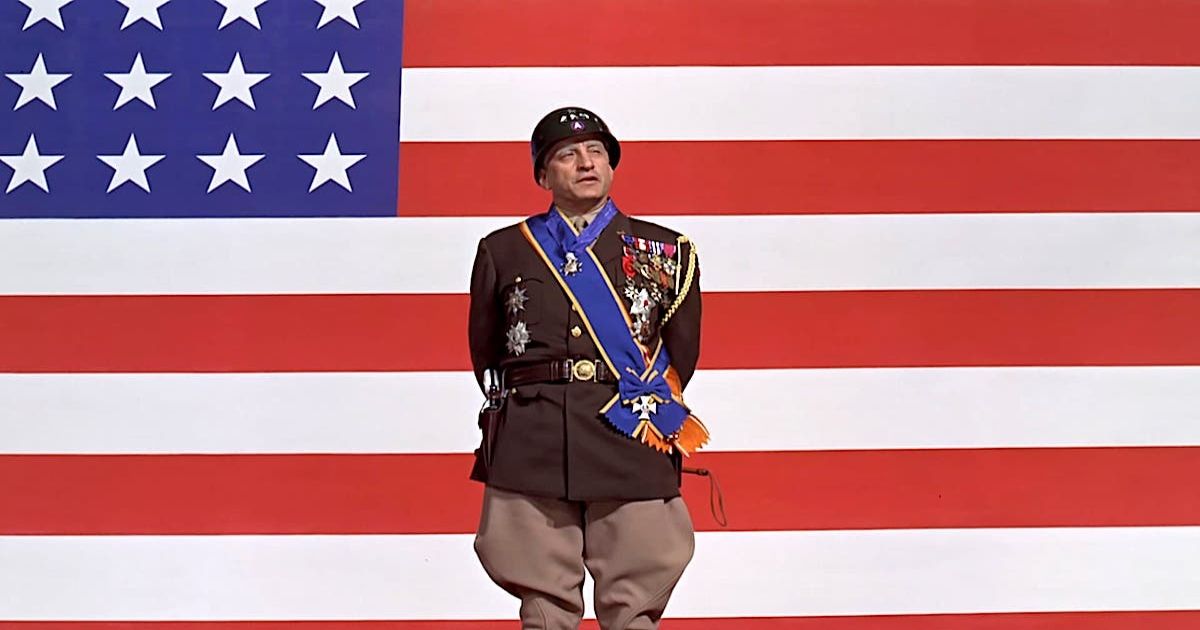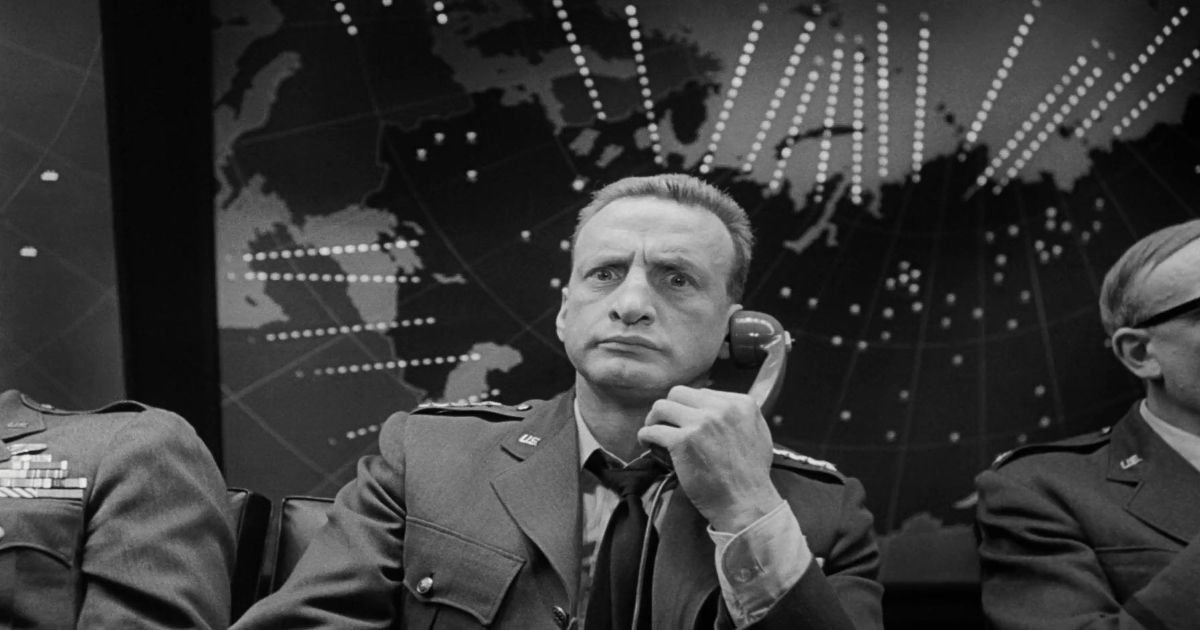The career of George C. Scott is one full of daunting and unparalleled performances of authority. From war generals to medical doctors and detectives, his charisma and personality exudes control and power to an almost perfect pitch. Scott perfectly captures small details needed for such roles, firmly embodying the mantra and attitude behind such displays. As a result, his status as one of cinemas most magnetic actors has been firmly established. Here are his best performances:
6 The Hospital (1971)
Fresh off his Academy Award-winning performance in Patton (see below), Scott took on a different approach by starring as Dr. Herbert Bock in this mystery-thriller caper about a strange hospital that appears to be losing patients for reasons of incompetence. As the real mystery begins to unravel, so does Bock's state of mind. The more we look into his personal life the, more we are treated with moments of intense contemplation and desires. Scott plays the role to his sensibilities, further enlarging its aura with a connective tissue of desperation.
5 Hardcore (1979)
Playing successful businessman and devout Calvinist Jake Van Dorn in search for his lost daughter, Scott delivers a gripping and haunting performance. Upon discovering his daughter is making hardcore (pornographic) films, Dorn goes on a downward spiral that results in an obsessive pursuit. Scott shows a much darker and more compulsive side in this film, demonstrating how far one is willing to go in a quest for righteous conviction. Scott is at his most vulnerable and vindictive, fully displaying the lengths one goes to when dealing with this kind of situation. As he begins to uncover more information, the threat of being consumed by the external forces of lust and pleasure becomes a more palpable reality. Directed by Paul Schrader, the screenwriter behind Taxi Driver and Raging Bull, the moral dilemma he lays out is a gripping reminder of how depravity and loss of control are just around the corner.
4 The Changeling (1980)
After his performance in Hardcore, Scott went on a more subtle performance as composer John Russell, who upon experiencing a personal tragedy moves to a secluded Victorian mansion in the hopes of recuperating his musical talents, only to slowly discover the house may be haunted and further tormenting him. The similarities between The Shining in terms of setting and music (and being released the same year) can't be overstated. Scott plays the perturbed and emotionally drained Russell with succinct melancholy. While most of his roles are rooted in a powerful presence, here he is stripped bare and hopeless. As he slowly takes on a personal mission to uncover what exactly happened inside the house, Russell reaches a point of total obsession, conveyed perfectly through Scott's magnetic presence. What makes it unique among Scott's filmography is the way he methodically handles the slow descend while capturing the anguish of heartbreak.
3 The Exorcist III (1990)
After the abysmal failure of The Exorcist II, the original author of the story, William Peter Blatty, decided to give it another go with The Exorcist III by shifting the story to a more straight-forward mystery-detective angle. With the casting of Scott as Detective William F. Kinderman, an agnostic who is faced with confronting his lack of hope through a series of grisly murders, the stage was set for a gripping thriller full of macabre depictions of the supernatural. The contrast between faith and hopelessness is a staple of Blatty's work, and Scott's strong personality serves as the perfect reluctant force. You see how the case begins to haunt him and destroy him from the inside, forcing us as viewers to see the degradation such a state confounds its victims.
2 Patton (1970)
Responsible for capturing one of the US' most renowned and decorated generals, Scott managed to embody the instinctive, sharp, and brutal aura of General George S. Patton. In one of film's greatest opening sequences, Scott delivers a masterful speech powerful enough to incite unsolicited emotions to its viewers, setting the stage for all that was to come. The film follows Patton's tracks throughout the war, along with his incredible and (very) controversial efforts. It highlights his bravery, dedication, and gripping persona, all brilliantly brought to life by Scott.
By not shying away from the general's behavior and bombastic comments, the film brings us a fair and balanced portrait of the man. As previously stated, the film earned Scott an Academy Award for Best Actor, and the film itself won six other awards, including Best Picture. It is Scott's defining role for many, the one where he was at the top of his game and firmly focused on presenting himself in total control.
1 Dr. Strangelove or: How I Learned to Stop Worrying and Love the Bomb (1964)
Thanks in large part to Stanley Kubrick's immense popularity in film circles, Scott's performance as General Buck Turgidson is now his most iconic role among contemporary film buffs. It is a well-known fact that Kubrick tricked Scott into his maniacal, over-the-top, and simply absurd performance, fooling him into thinking his most exaggerated takes were just warm-ups for the actual one. As a result, Scott appears as unhinged as he's ever been, oftentimes stealing the spotlight from the film's star Peter Sellers, with his outlandish expressions and downright cynical observations of the conflict at hand. His screen presence is the best it's ever been, highlighting just how far he is willing to go to ensure the absurdity of the whole plot is vividly captured.
From his maniacal expressions to cartoonish concoctions, everything about the role was kicked up to 11, and for that we get a morbid yet hilarious take on what the powers that be truly behave like behind closed doors. With recent events taking place, his performance takes on a whole new meaning, as it has been aptly demonstrated, his behavior is not far removed from reality. For this, it will endure as an accurate presentation of the ID in the Freudian sense of the word.

